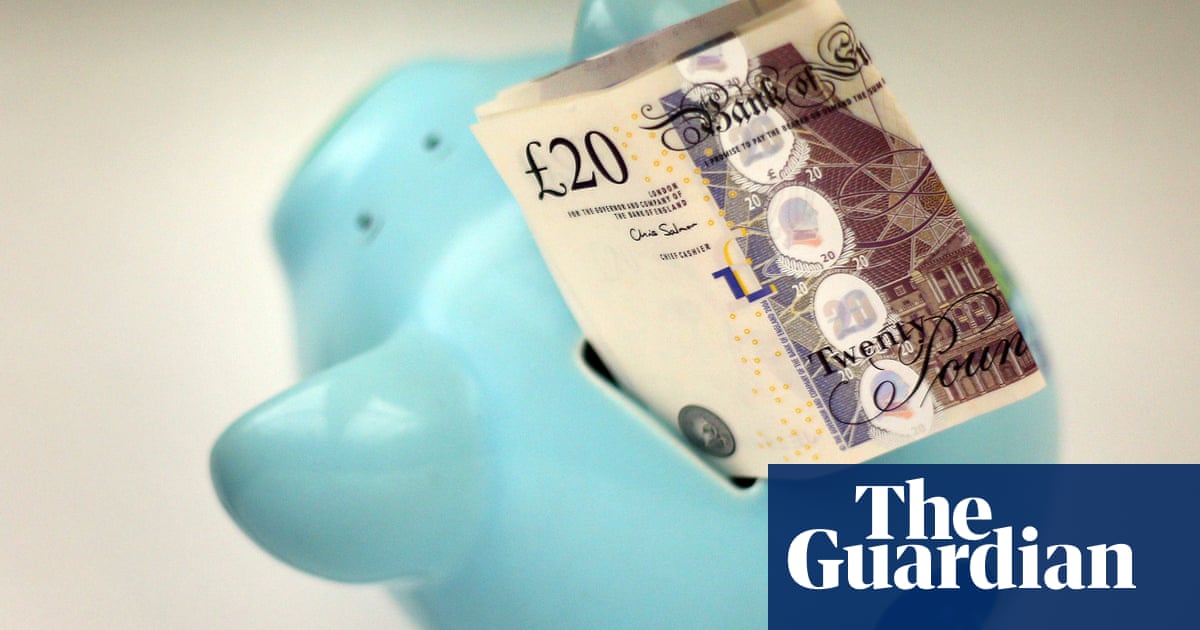Employees as young as 16 should be automatically enroled into workplace pensions and there is a strong case for making their employers pay in even when they do not contribute themselves, according to a leading thinktank.
The Institute for Fiscal Studies (IFS) has warned that many current workers are on track for “inadequate retirement incomes”, with between 30% and 40% of private sector workers, 5 to 7 million people, likely to fall short of what is needed for a minimum standard of living.
Employers must now automatically enrol employees who earn enough into a pension scheme if they are aged between 22 and state pension age, and both make contributions unless the employee opts out. The rules state these must be a minimum of 8% of the worker’s earnings, with them paying in 5% and the employer adding 3%.
The IFS found that more than one in five people working in the private sector do not save anything in a workplace pension scheme at all. Less than half of those who do save pay in more than 8% of their earnings.
Current saving rates by private sector staff would leave about 32% with a post-work income that would not meet the minimum retirement standard of living, it said.
It added that its downside scenario, which was based on returns on pension savings being 1 percentage point lower, would mean a rise to 40% of people.
The minimum standard of living is defined by the Pensions and Lifetime Savings Association and is now set at £14,400 for an individual and £22,000 for a couple but will grow alongside average earnings.
To help boost savings, the IFS said the government should consider increasing the age range for auto-enrolment to 16 to 75 years, while also making it mandatory for employers to contribute 3% of total pay to a workers pension even if they have opted out of making contributions themselves.
It also recommended that current default contribution should be increased for some earners, suggesting there should be a 12% default contribution for those earning above £35,000, with the extra paid by the employee.
It said that implementing these changes, as well as several other reforms, would boost retirement incomes by between 12% and 16% – the equivalent to £1,400 and £2,100 a year – and raise the standard of living for a large percentage of those in retirement. The IFS added that this would also result in a 1% drop in take-home pay.
David Sturrock, a senior research economist at IFS and an author of the report, said: “It is really important to take seriously the affordability of asking for bigger pension contributions from many low-earning individuals, as well as the need for many to save more.
after newsletter promotion
“We suggest a way forward that would focus the encouragement of higher contributions on periods of life when people have average, or higher, earnings.”
The report comes before the autumn budget next month with rumours suggesting that chancellor Rachel Reeves could make changes to the current pension tax relief system and make it less generous to high earners, in an attempt to plug the £22bn funding gap that the Treasury says it faces.
To encourage people to contribute to pensions, those paying a basic rate of tax, earners up to £37,700, get 20% of tax relief on pension contributions, while those who earn above this and pay a higher rate of tax get 40% relief on contributions. It has been reported that Reeves could bring in a flat 30% rate for all earners.

